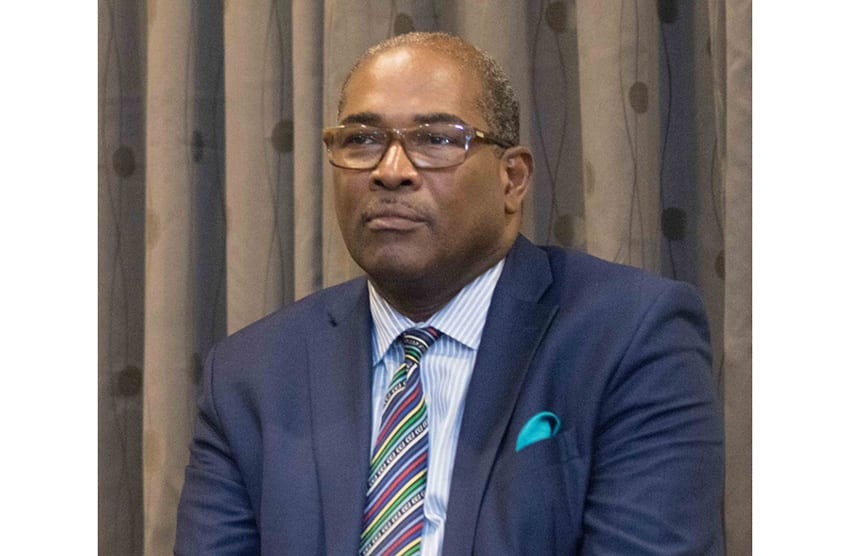Guyanese Attorney–At–Law, Nigel Hughes, believes that uncertainty surrounding the current political climate in the South American country following the December 21 passage of a no-confidence motion against the government is hindering its ability to effectively prepare for the start of oil production in 2020.
Speaking on a televised programme aired on the National Communications Network on Tuesday evening, Hughes said this year should have seen a packed legislative agenda for oil and gas alone, but instead, more focus is being placed on the effects of the no-confidence motion.
Immediately following the passage of the motion in December, government officials, including the country’s President and Prime Minister, accepted the vote and signalled an intent to comply with the Constitutional provisions which call for fresh elections within 90 days. However, it was Hughes who, via a Facebook post just two days after the motion was passed, asserted that it was not effectively carried since 34, and not 33 votes would have been needed for it to go through in the country’s 65-seat National Assembly. The Guyana government has since moved to the court to contest the vote based on this and other factors it says invalidate the passage of the motion. This has triggered a prolonged political impasse and growing uncertainty in the country.
“All the commitments that were made in terms of contracts and what has to be done and what has to be executed, phases two, three, four of the development of Liza 1, 2. All of that goes on suspension, while we have this war,” Hughes said on the televised programme.
The country’s Environmental Protection Agency (EPA) said in a recent media report that approval for Liza Phase 2 is imminent. Final Investment Decision for the project is also expected directly following the EPA’s approval.
Hughes said as the country gets deeper into the election mode, the political climate will degenerate. “We are going to roll into production next year in absolute chaos because we wouldn’t have the people who are supposed to be filling those positions in place, because we are going to be arguing about every single appointment, not from the point of whether or not the person appointed is the best, but it is going to come from a semi-political angle,” he warned.
DoE expects no disruptions in O&G functions due to early elections in Guyana
The Attorney cautioned politicians to put aside their self-interest and put the country and its development first.
“Nobody is saying, hey! We are heading into perhaps the best economic circumstances possible for the country so how do we get our best brains on board so that at least we have some stability. We are not looking at it from that perspective. Our perspective is, you shaft me, and therefore, I got to shaft you,” he said.
The Guyana Elections Commission (GECOM) said at a recent press conference that an election within 90 days is not feasible. Under the circumstances of the no-confidence vote, the 90 days, according to Guyana’s Constitution, can only be extended by way of a two-thirds vote of the National Assembly. This would have to include the support of the opposition.
The country’s President, David Granger, has since invited Opposition Leader Bharrat Jagdeo for a meeting to discuss matters relating to early elections as a result of the passage of the no-confidence motion. Elections would otherwise have been due in 2020.
The meeting is slated for Wednesday, March 6, 2019, at the Ministry of the Presidency in Georgetown. The President will also be consulting with the Chairman of GECOM, Justice James Patterson, to determine its readiness for the polls.




Wait what? The intellectual author of the ’34 is a majority of 65′ crap is now blaming others?